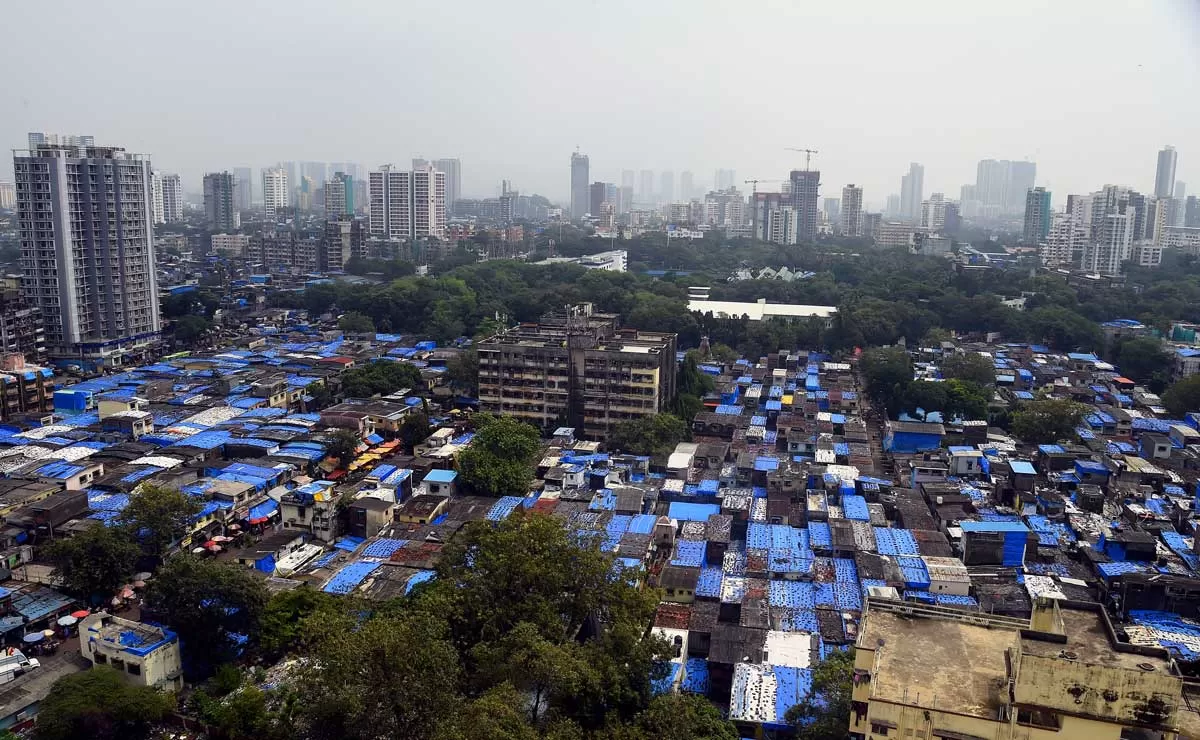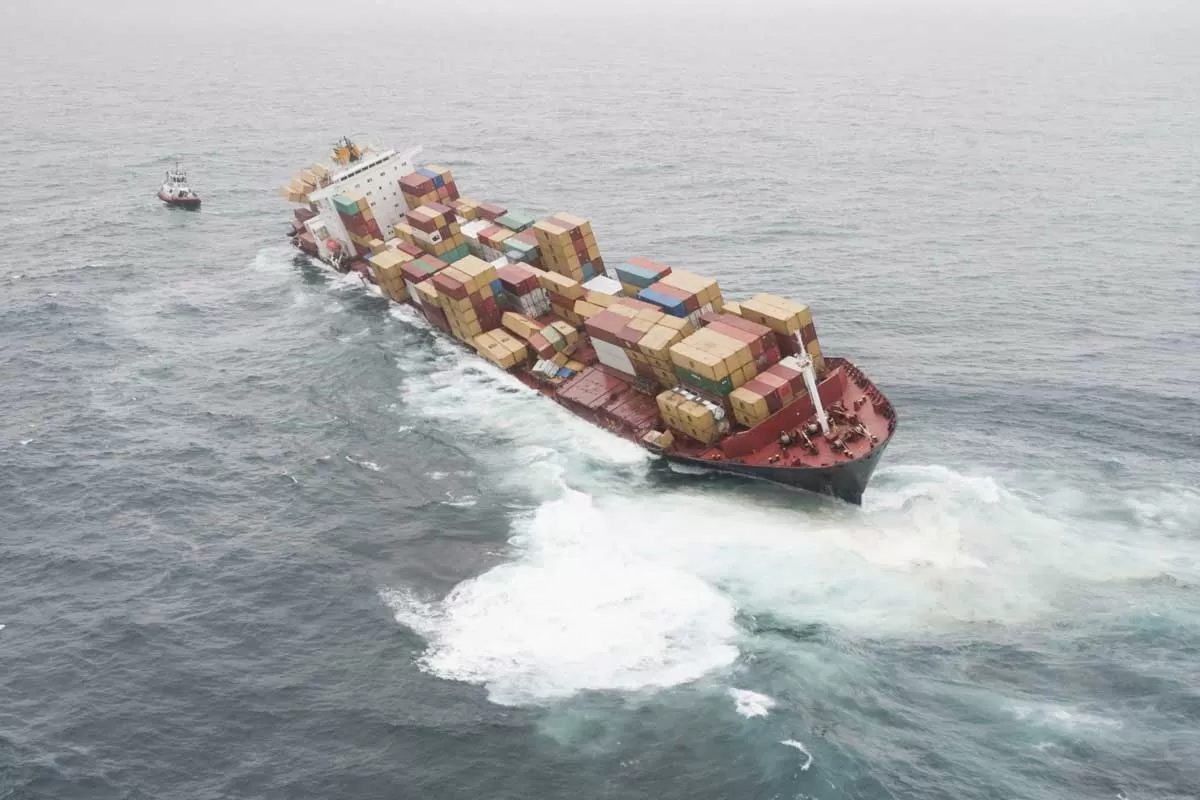Ever since GMR and GVK exited from two premium road projects, things have gone downhill for the highways sector.
The recent brainstorm in Mumbai and Chennai by Union Finance Minister P Chidambaram to discuss the inordinate delays in completion of various infrastructure projects is a sign of the government's awakening to the urgency of the matter. There has been an alarm in the corridors of the National Highways Authority of India (NHAI) ever since GMR and GVK exited from two high-profile road projects, collectively worth around Rs 10,700 crore in January this year, reportedly owing to delay in environment and project clearances.
About 33 projects, covering around 3,500 km, awarded during the past two fiscals are yet to take off owing to reasons like dearth of finance, equity, clearances and land availability. Private investment in the roads sector has come primarily from two types of projects - BOT (toll) and BOT (annuity).
While in the first case, a private player recovers the money he has invested from the collection of toll, in the latter government pays back the entire investment with interest in installments. However, 17 BOT (toll) and three BOT (annuity) projects failed to receive any response last year. Return on road contracts executed on a BOT model has dropped to 12-14 per cent from 16-18 per cent five years ago.
Even as road development projects face delays in land acquisition and financial closures, there has been another dampener in the form of private equity major Actis exiting out of its high-profile road projects JV with the Tata Group. The firm's tie up with Tata Realty & Infrastructure Ltd (TRIL) was expected to invest close to $2 billion to develop highway projects in 2013. Many infrastructure firms are now going slow on bidding for road projects. Such is the depression that road assets worth more than $10 billion - either completed or under construction - are currently eyeing buyers.
Several firms are meanwhile looking to exit from road projects. "Companies are walking out because of several reasons, such as interest rates going up, banks insisting on 100 per cent land acquisition and a lack of exit option," explains M Murali, Director General, National Highways Builders Federation. "Most of these companies have to retain around 24 per cent of project investment till the end of the concession period." Such is the gloom that the NHAI has informed the highway ministry that it will not be able to award any project on toll mode during 2013-14 if the prevailing conditions don't improve. It has suggested that the government should award projects only after all conditions are fulfilled, and work can begin without delay.
As a likely solution to the crisis, NHAI reportedly approved the resetting of premia in the case of GMR and GVK and cleared it, despite opposition from some members. But when the decision was referred to the planning commission, finance and law ministry, the proposal ended up being rejected.
Making the right choice
Although rebidding has been considered as one option out of this mess, the Ministry has also seen it fit to reject it. The argument is that the process will take longer with the projects needing to obtain clearances again. Murali too doesn't favour this option citing inflationary trends since the time of the original bidding and the dramatic rise in interest rates. To make the projects feasible, the cost hike needs to be factored in. Similarly, the viability of the premiums quoted at the time of awarding of projects also needs to be considered. As Vinayak Chatterjee, Chairman, Feedback Infra, says, "People are expected to behave rationally. As most companies are facing financial stress, resetting the premium while keeping the net present value constant makes more sense. If you allow for renegotiations, every contract will be open for renegotiations." Despite the apparent downsides the government remains undecided. Looks like a difficult road ahead.
To share your views on this report, write in at feedback@ASAPPmedia.com

















